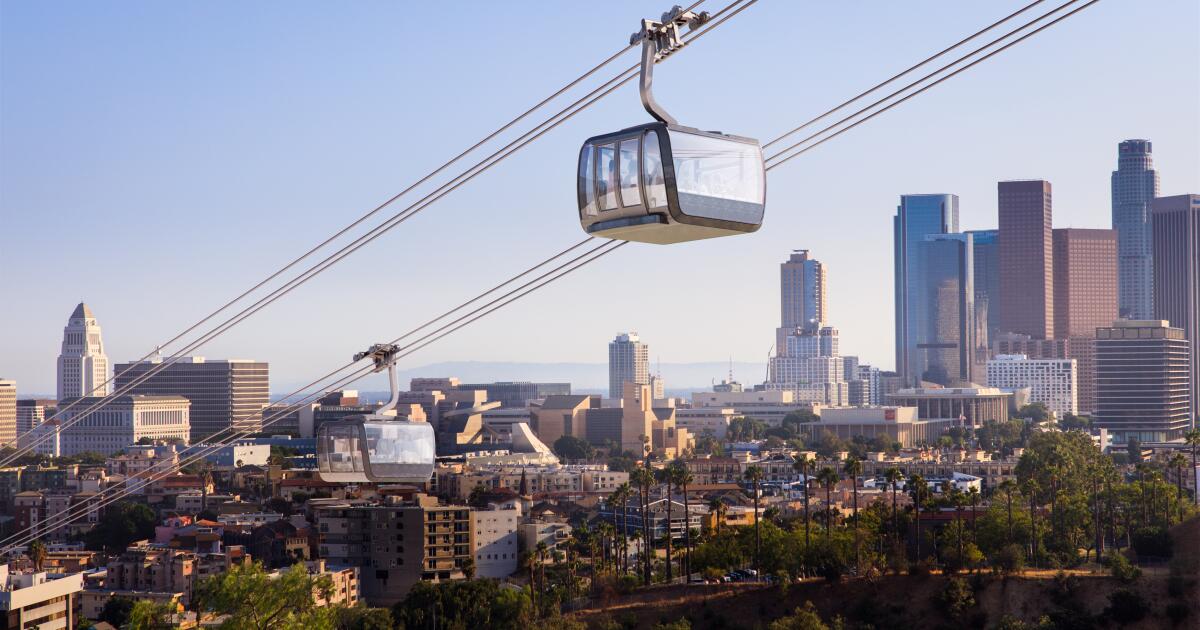Even amid rising food prices and increased sensitivity to environmental issues, Americans are still throwing away once-edible food at an alarming rate.
SCOTT DETROW, HOST:
Today, millions of Americans enjoy lots of food, but Thanksgiving can also mean lots of food waste, which is a major contributor to climate change. NPR's Jacqueline Diaz visited one facility in New York City that is trying to solve the problem in a sustainable way.
JACQUELINE DIAZ, BYLINE: In the days leading up to Thanksgiving, people are rushing to get everything they need for their holiday feasts. But while the holiday season means dining with loved ones, it can also mean a lot of food waste.
TED JENIC: You want to give people a variety of food options, and I think this behavioral tendency to cook more than we really need is also part of Thanksgiving.
DIAZ: Ted Janicke is a professor at the University of Pennsylvania who studies food waste, and he says what we throw away matters a lot.
JANIKE: Globally, if food waste were its own country, it would be the third largest source of greenhouse gas emissions in the world.
DIAZ: That's because food in landfills accumulates, decomposes and produces methane, a greenhouse gas.
JANIKE: And methane is a much more powerful greenhouse gas than carbon dioxide.
DIAZ: And that's especially troubling around the holidays. The Natural Resources Defense Council, an environmental advocacy group, says Thanksgiving is the biggest day for food waste in the United States. But the Staten Island compost facility is solving this problem on a massive scale. Back in the spring, New York City made composting mandatory for residents.
UNIDENTIFIED PERSON, AUTHOR: How would you describe the composting process?
JENNIFER MCDONNELL: Essentially, it's a group of tiny microorganisms, invertebrates and bacteria that transform organic material.
DIAZ: Jennifer McDonnell is deputy commissioner for solid waste management at the New York City Department of Sanitation.
MCDONNELL: So they metabolize, they grow, they die, they eat, they excrete. And this is truly a process of active biological conversion. And what it does is…
DIAZ: Breaking down food this way results in fewer carbon emissions, and there's reason to believe it's also better for local communities.
MCDONNELL: For other facilities, like incinerators, there are concerns about the impact of air emissions, even concerns about air emissions from landfills for local communities.
DIAZ: Despite the benefits, municipal composting sites like this aren't the norm, according to Jaenicke, the food waste researcher.
JANICKE: I would like to see a coordinated effort, but it's a complete mosaic of the city, state and private sector.
DIAZ: It's really difficult for cities to implement composting programs. One of the main challenges is infrastructure: having the space and equipment to do the work. Another problem is education. McDonnell says it took a lot of effort to get New York City's program enrollment closer to 10%.
MCDONNELL: It takes about 10 years to reach the level of participation. It's really about behavior change, right?
DIAZ: And it's hard.
MCDONNELL: Probably the bigger nugget is for people to learn how to separate food waste again, right? For example, how can I do this in the kitchen? When should I take him to the collection point?
DIAZ: She says it's about changing thinking and behavior.
MCDONNELL: In our culture where we produce so much waste from just existing, we have to think about how to have a long-term, sustainable approach to properly managing all of these things.
DIAZ: It's a lot of work, but she says it's worth the effort. Jacqueline Diaz, NPR News.
DETROW: NPR's Alana Wise contributed to this report. You can find photos from their visit to the Staten Island compost facility at npr.org.
(SOUNDBITE OF MUSIC)
© 2025 NPR. All rights reserved. Visit our website terms of Use And permissions pages in www.npr.org for more information.
The accuracy and availability of NPR transcripts may vary. Transcript may be modified to correct errors or accommodate audio updates. Audio on npr.org may be edited after it is originally broadcast or published. The authoritative recording of NPR programs is the audio recording.








